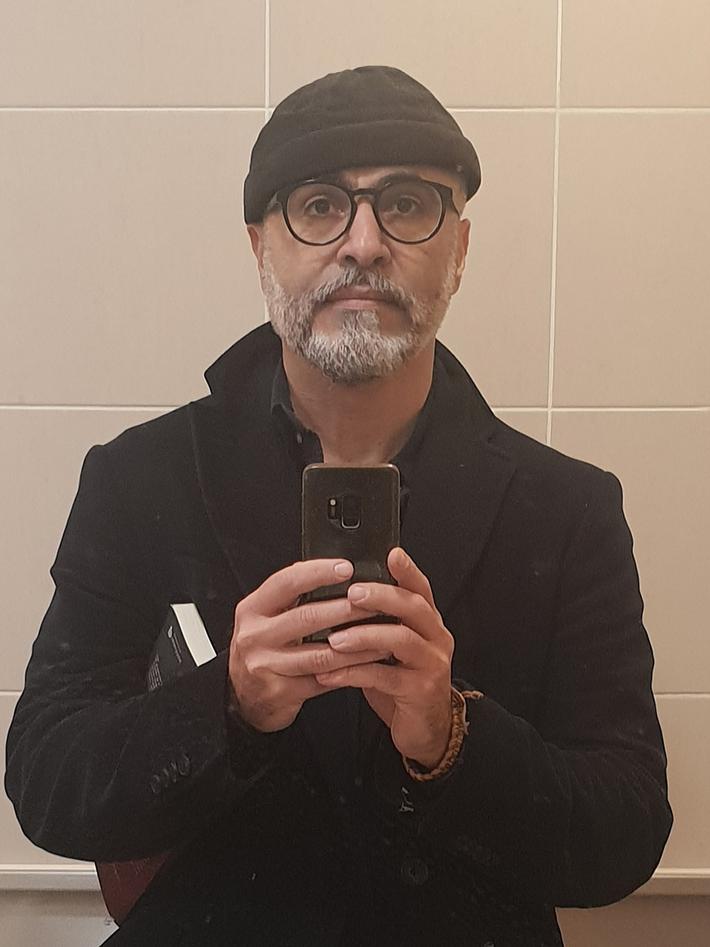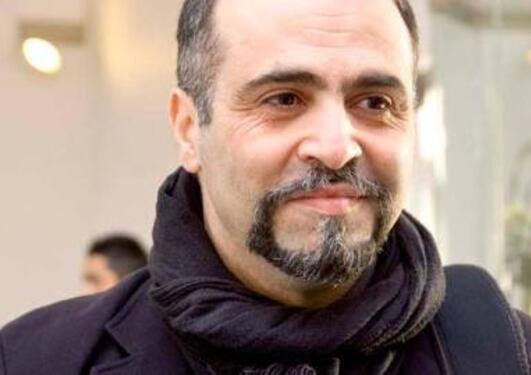Shahram Khosravi on the pandemic and borders
In April, WAIT researcher Shahram Khosravi was interviewed about the pandemic and borders as part of a series of conversations called Four Rooms.
Shahram Khosravi, On Pandemic and Borders, Four Rooms
Main content
Shahram Khosravi, Professor in Social Anthropology at Stockholm University and one of the researchers at SKOKs WAIT project, was interviewed by Daniel Blanga Gubbay as one of four conversations and reading sessions live streamed online in April. Inspired by the 1995 movie of the same name, Gubbay conceived of and organized Four Rooms as a virtual apartment that connects rooms in different parts of the world.
Radical solidarity is to refuse borders
According to Gubbay, he invited Khosravi on the basis of the following sentence: “Some borders are no longer situated at borders at all.” The conversation explores how the Covid-19 situation reinforces borders inside a society, and the importance of talking about bordering practices rather than actual borders. Khosravi emphasizes the need for a radical solidarity, which is to refuse borders. In order to have solidarity without it being a forced obligation, one must decolonize it through constant self-interrogation. Bordering practices, Khosravi argues, are colonial practices.
Waitinghood in the time of the pandemic
Khosravi also touches upon themes related to the WAIT project in the video. What we are all experiencing during the Covid-19 pandemic, according to him, is waiting in suspension for an uncertain future. We are also immobilized and unable to move as we normally do. As the WAIT project has explored, this is exactly the type of waiting that characterizes irregular migration.
The conversation starts around the five-minute mark in the video, and towards the end, Khosravi reads his text When home does not exist, what does self-quarantine mean: street children in Iran.


